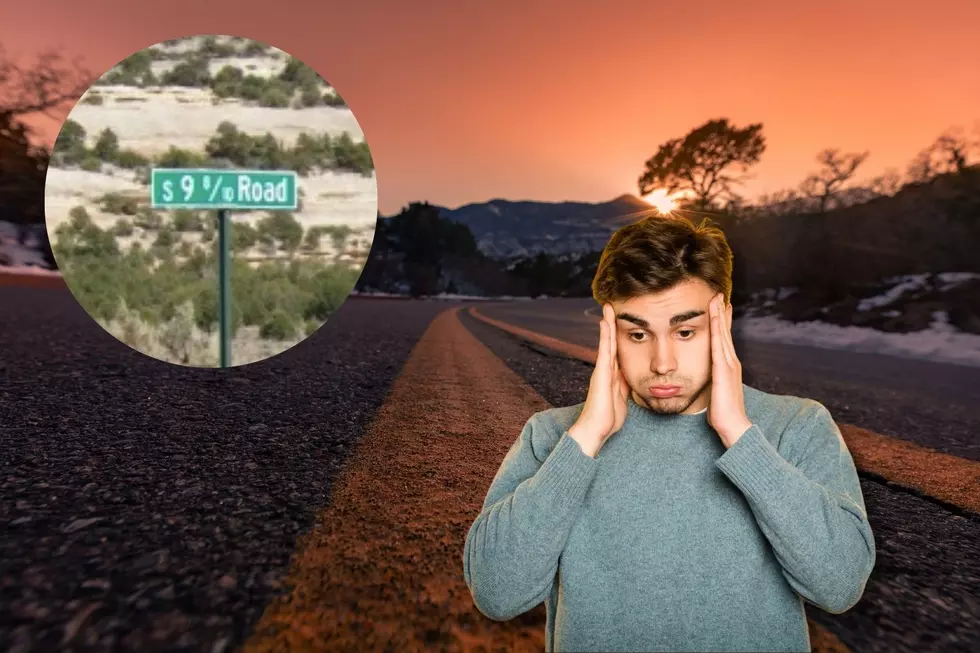I-70 Accident Reminds Us of the Risk of Winter Travel
This is why it doesn't pay to travel on I-70 during inclement weather.
We all have done it and we all do it. We have somewhere to go and someplace we need to be. The weather forecast isn't favorable, they are predicting winter driving conditions, yet, what do we do? We travel anyway.
We think "it won't be that bad" or " I can handle it," or "I have to get there!" Maybe so far you have done this and never have had an incident or an accident. If so, good for you. But, when is your (our) luck going to run out?
I was among the unlucky few who had to travel the I-70 corridor on Sunday. I don't know the outcome of the accident chronicled in this video, but I do know that it closed the interstate for a period of time on Sunday prior to the closing due to the avalanche.
I'm not casting fault or laying blame in regards to this accident, but simply sending out a reminder to everyone, myself included, that there are times when the greater wisdom would be to say, I'm going to delay my plans and my trip because my safety, the safety of my family, as well as others on the road is most important.
Had I been aware of how bad driving conditions were I am thinking I would have opted to delay my travel. Unfortunately, I did not heed my own advice and check the weather before embarking on my trip. I spent two hours regretting the fact that I was on the road in these miserable and dangerous conditions.
When we get heavy snows on the I-70 corridor it can be as treacherous as the highway to hell. Visibility is reduced, it's difficult to see where the edge of the road is, and even where the lanes of traffic are supposed to be. You can have ice on your windshield, further compounding the difficulty of driving safely, and on top of everything, the road can be extremely slick. Once you start to slide, you are no longer in control of your car or your destiny.
The beginning of wisdom is to always check the weather forecast for the I-70 corridor before you hit the road. As you know, the weather can be extremely different in the Grand Valley than it is in Colorado's high country. You can never assume that because the sun is shining here it will be clear sailing when you get there.
The other thing is to make the best decision you can with the information you have. Driving in snow is one thing. Driving in hazardous conditions is something else. Sometimes we have to learn to be flexible in our plans, even though it may produce less than ideal circumstances for our situation.
Finally, if you must travel in less than ideal conditions, exercise some common sense and slow way down. Many I-70 accidents are the result of motorists simply driving too fast for conditions.
Safety should always be the number one priority. Take enough chances in life and eventually your luck is going to run out.
More From Kool 107.9









